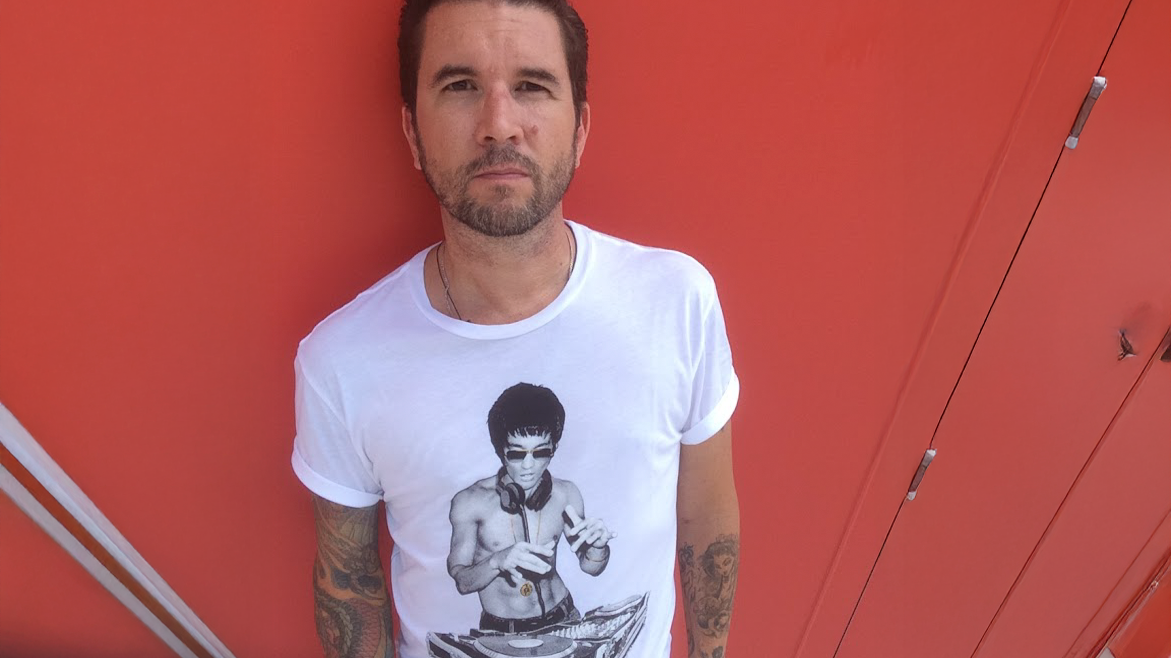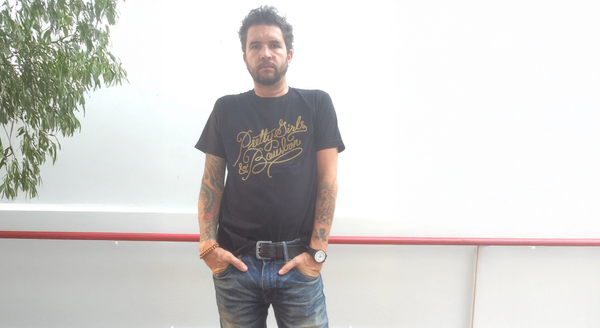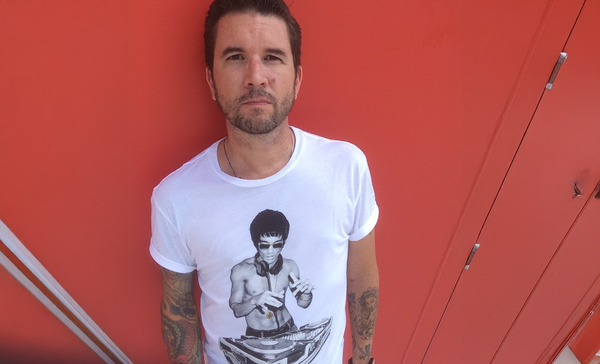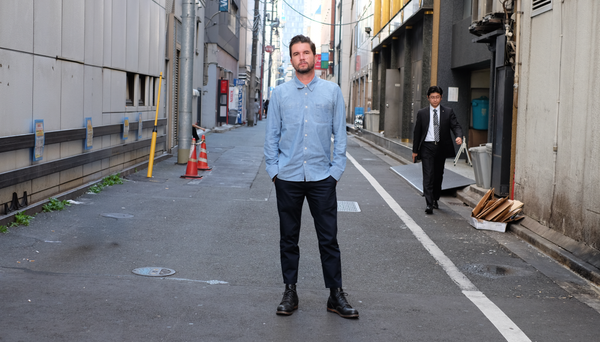Experience is the Missing Layer in Modern Teams.
Rethinking Talent Strategy in the Age of Speed and AI

When You Treat People Like Tools, Don’t Be Surprised When They Break
In far too many organizations, talent is treated like a transaction. You hire to fill a gap. You contract to hit a deadline. You downsize when the numbers don’t add up. It’s a cycle of short-term fixes. Efficient on paper, but hollow in practice.
But people are not plug-ins. They are not platforms. And when we treat talent like an operational cost instead of a compounding asset, we don’t just risk attrition, we risk atrophy.
The most powerful shift a company can make right now isn’t about technology. It’s about time. It’s choosing to think in years, not months. It’s OKRs before KPIs. It’s horizons, not hills.
Because when you take the long view on human capital, when you commit to growing capability, not just solving for capacity, you create something enduring: resilience, wisdom, loyalty, and leverage.
This isn’t a new idea. We know it intuitively. We see it in the best leaders, the most cohesive teams, and the rare organizations that don’t panic with every market shift. They’re built on something deeper than resourcing. They’re built on experience.
But we’ve become addicted to speed. We confuse urgency with strategy. We hire for output, not outcomes. And we teach just enough to get through the week, not enough to shape the next five years.
The Obligatory Steve Jobs Reference.
I recall an interview with Steve Jobs. I spent six years working with Apple during ‘The Steve Years’. I was fortunate enough to meet with him twice, and his ideas have shaped my entire career. In this interview, he mentioned what he had learned from the data during his time at Apple and how he would apply that to NeXT. I am paraphrasing, but the core of what he was saying is that he had learned to take a long view on people. His initial response was to step in and fix things himself, but now he was going to invest in teaching and guiding talent.
“It doesn’t make sense to hire smart people and then tell them what to do; we hire smart people so they can tell us what to do.” - Steve Jobs
That’s the essence of long-view leadership. You’re not just paying for labor. You’re investing in capability. You’re building the kind of people who will build the company you want to become.
Experience as an Accelerant
We often think of experience as something that slows down over time. But in the right environment, it does the opposite. Experience, especially when paired with fresh energy, accelerates growth.
One of the most overlooked advantages of keeping older talent in the room is that they already possess what younger talent is still learning: context, judgment, perspective, pattern recognition, and interpersonal fluency. These things are hard to teach. They’re even harder to measure. But they are felt deeply and consistently across a team.
It’s not just that older professionals know how to solve problems. It’s that they know which problems are worth solving, and how to navigate ambiguity without burning out. They reduce friction. They increase signal. They create a kind of cultural and industry memory that enables the organization to avoid repeating past mistakes.
When younger team members work alongside this kind of embedded wisdom, they learn faster, not through formal training, but through osmosis, modeling, and well-timed questions. It’s the hallway conversation. The second draft review. The moment someone says, “I’ve seen this before, here’s what happened last time.”
These interactions rarely make it onto performance reviews or balance sheets. But they move the work forward. They build capacity. And they teach in months what might otherwise take years to learn through trial and error.
So if you’re serious about accelerating talent development, don’t just look to courses or coaching. Look at who’s on your team, teaching without needing a curriculum.
Because when you keep experience close, you’re not just preserving the past. You’re fast-tracking the future.
The People Who Know What Not to Do
This is where the Epilogue Economy lens becomes vital. We’re living in a time when older workers, those with decades of experience, are being quietly edged out of the workforce in the name of agility. But agility without judgment is just volatility. And judgment comes from lived experience.
Think of the people in your organization who’ve been through a crisis before. Who’ve navigated restructures, rebrands, recessions. Who know how to ask the second question, not just accept the first answer. These people aren’t just contributors. They’re calibrators. Culture holders. Compass points. And yet, we too often treat them as relics of a past era instead of anchors for the future.
What if we flipped that?
What if we stopped thinking of seasoned talent as expensive and started seeing them as an exponential asset? What if we built teams where wisdom wasn’t sidelined but scaffolded into the way we work?
This isn’t about age. It’s about arc. It’s about understanding that human capital matures like any other form of capital - slowly, unevenly, and with compound returns.
Companies that take the long view on talent won’t just have stronger teams. They’ll have deeper wells of resilience. Better pattern recognition. More mentorship built into the system. And in an era where AI is accelerating execution, it’s judgment that will set you apart.
So yes, train for today. Resource for tomorrow. But build for the years to come. Because talent isn’t what you hire. It’s what you grow. And if you want to grow it faster, plant it next to someone who’s already weathered a few seasons.
Because real growth doesn’t just come from moving faster, it comes from seeing further.

If you’re ready to build talent for the long game, not just the next quarter, bring me in. I help organizations grow capability, not headcount. I work with teams to surface hidden strengths, spot risk early, and stretch potential by pairing energy with experience.
If you’re navigating transitions, building capability, or rethinking how your teams grow, that’s exactly where RockPaperScissors comes in. We help organizations move beyond short-term fixes toward long-term strength — with strategy, structure, and storytelling built for what’s next.
Field Notes on The Epilogue Economy™ is a reader-supported publication. To receive new posts and support my work, consider becoming a free or paid subscriber.



